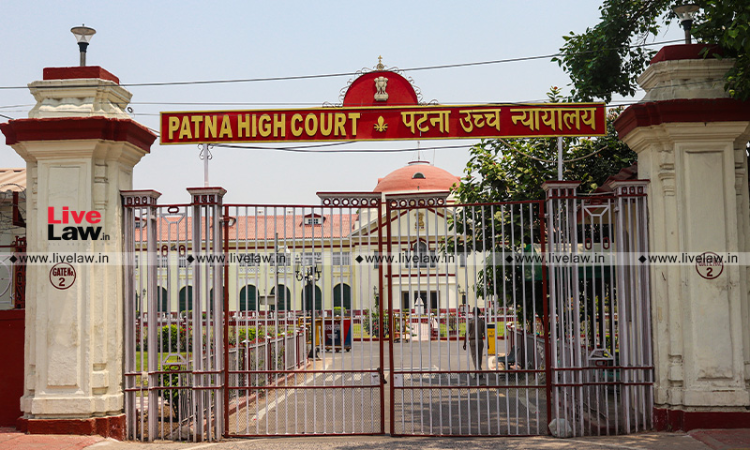Patna HC Seeks State Govt's Response On PIL Challenging Law Increasing Reservation To 65%, Refuses Interim Stay
Sparsh Upadhyay
2 Dec 2023 4:21 PM IST

Next Story
2 Dec 2023 4:21 PM IST
Admitting a Public Interest Litigation (PIL) plea challenging the recent amendment passed by the Bihar Legislature to increase the reservation for Backward Classes, Extremely Backward Classes, Scheduled Castes, and Scheduled Tribes from the existing 50% to 65%, the Patna HC has sought the reply of the state government in the matter within 4 weeks.A bench of Chief Justice K Vinod Chandran...
